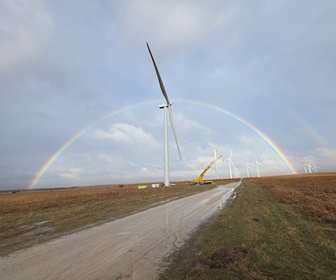Marine-i has announced it is helping Research Development UK (RDUK) establish a marine acoustic monitoring service for the emerging Celtic Sea Floating Offshore Wind (FLOW) opportunity, to aid deployment strategies in these areas.
RDUK gathers data from inshore and offshore waters to better understand the effect of increasing human commercial and leisure activity. One of the key technologies that RDUK utilise is the LoRaWAN network. LoRaWAN is short for Long Range Wide Area Network. It is a wireless technology that uses VHF to send data from multiple sensors at sea back to shore, which is then made available on the internet in close to real time. Using LoRaWAN alongside a data buoy, they will be developing marine mammal acoustic monitoring around the South West coast and beyond. They send back live cetacean data from coastal waters or even more remote offshore locations, to improve current data sets and knowledge. RDUK engaged with Marine-i to gain RD&I support for a new project. The programme will provide guidance to RDUK on a number of key project issues, detailing the infrastructure and feasibility of the LoRaWAN Marine Monitoring Network, detailing the key FLOW Development Areas, and identifying the underlying environmental data and acoustic monitoring needs over the FLOW lifecycle.









